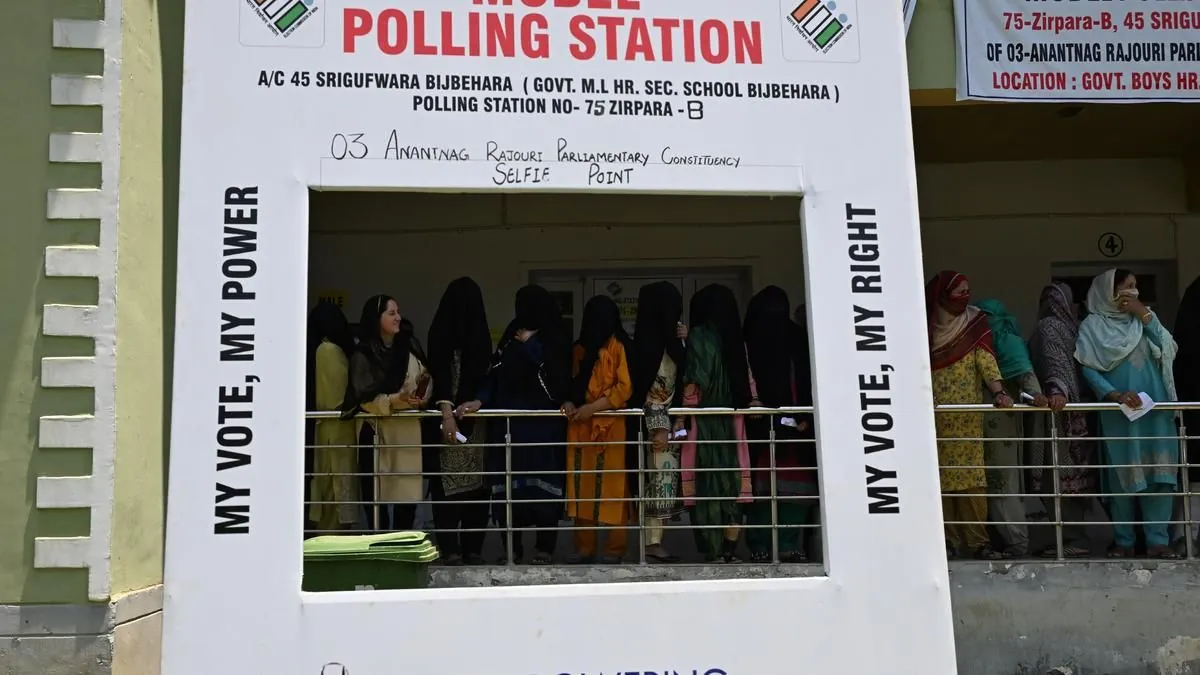In the heart of the disputed Himalayan region, Kashmir is currently holding elections for its local legislature after a six-year hiatus. This electoral process, set against a backdrop of complex historical and political tensions, has drawn significant attention both locally and internationally.
The Indian government portrays these elections as a sign of progress in what they term a "new Kashmir." Officials point to various development initiatives, including:
- Reopened movie theaters and new cafes
- Improved market roads and sports facilities
- Renaming of government schools after police officers
- An almost-complete train line connecting Srinagar and Delhi
- Increased visibility of the Indian flag
However, many Kashmiri residents express a different perspective, one of continued repression and limited autonomy. Since the revocation of Kashmir's special status in 2019, there have been reports of increased arrests and detentions of those deemed too vocal or sympathetic to separatist causes.
The Forum for Human Rights in Jammu and Kashmir, a local nonprofit, estimates that over 2,700 individuals were arrested between 2020 and 2023. This crackdown has affected various sectors of society, including:
- Opposition politicians
- Journalists
- Lawyers
- Civil rights activists
Many have been detained under stringent laws allowing for imprisonment without trial. The impact on press freedom has been particularly notable, with journalists facing passport revocations and newsroom raids. Symbolically, Srinagar's Press Club has been converted into a police office.
Despite these challenges, voter turnout has been surprisingly high, with approximately half of eligible residents casting their ballots. This participation, however, is viewed differently by various stakeholders:
"The establishment interpretation is that they are coming out in such droves because democracy has been restored."
In contrast, Siddiq Wahid, a history professor at India's Shiv Nadar University from Kashmir, offers a different perspective:
"Nothing could be further from the truth. The voter turnout is a keen realization of the fact that enough is enough."
The elections have also seen unusual candidates, including family members campaigning on behalf of jailed politicians. This phenomenon highlights the complex interplay between political aspirations and the current security situation.
While the Indian government emphasizes economic development and increased tourism as signs of progress, some locals remain skeptical. Shakeel Qalandar, a woodworking business owner, describes the current peace as "temporary" and "enforced," likening it to a fragile "deck of cards."
As Kashmir navigates this critical juncture, the international community watches closely. The outcome of these elections may have far-reaching implications for the region's future and its relationship with the central government in New Delhi.
